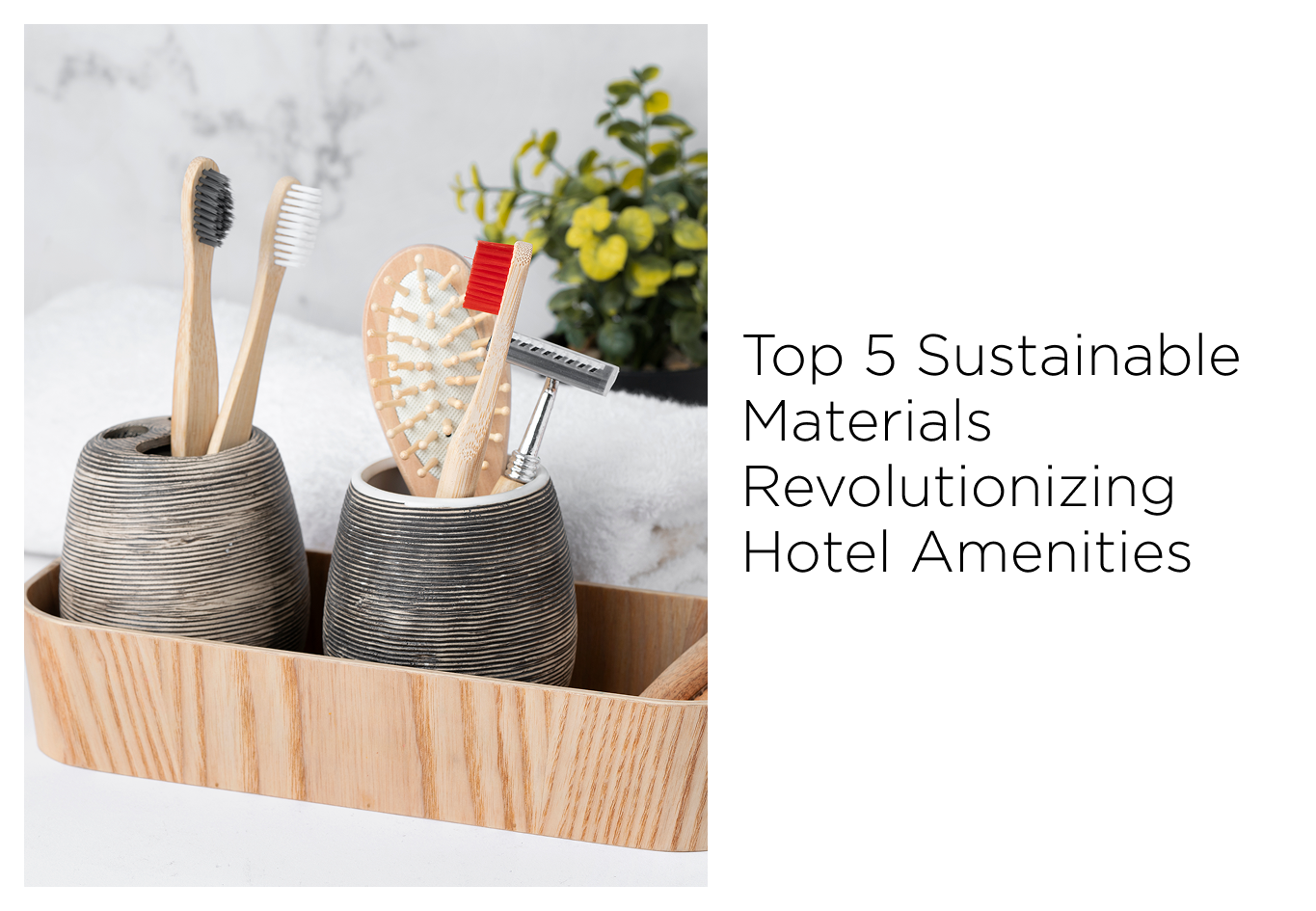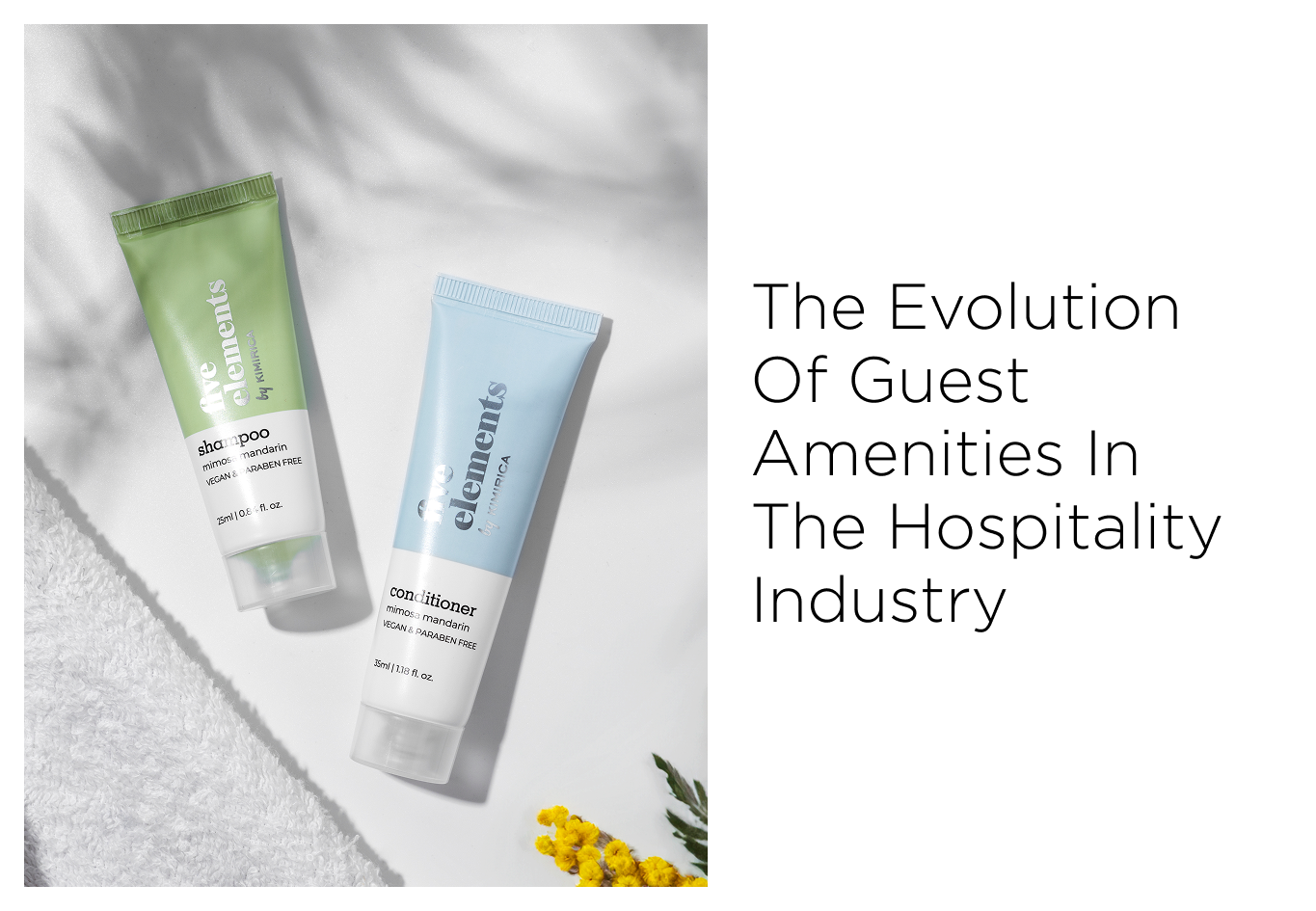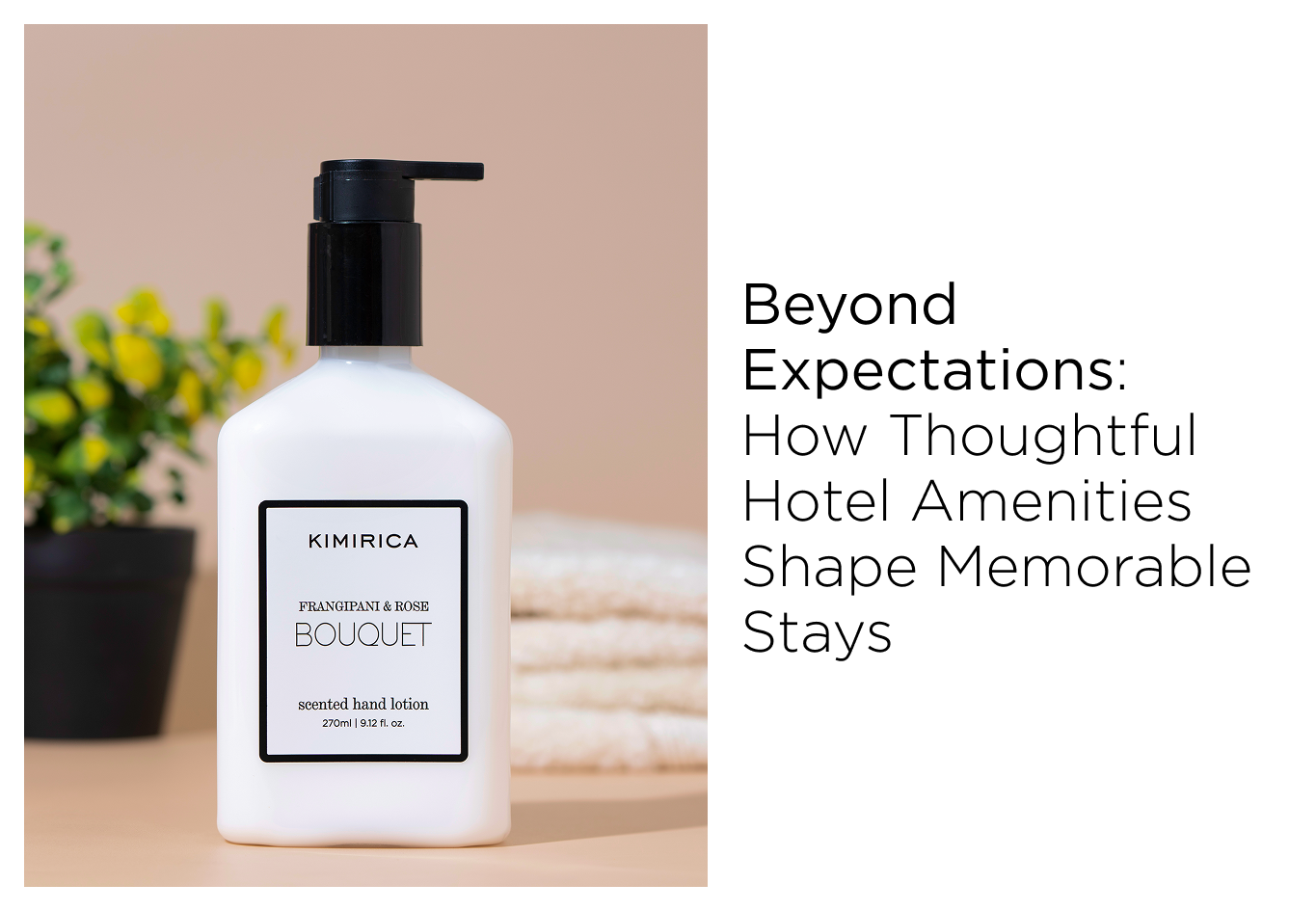The future of hospitality isn’t just about five-star service — it’s about five-star sustainability. As more hotels embrace the shift toward eco-luxury, materials like cornstarch, wheat straw, and PCR (Post-Consumer Recycled) plastics are fast becoming the new standard in amenities.
But why the switch? And does it really matter to guests?
Understanding the Rise of Eco-Friendly Hotel Amenities
The move toward sustainable materials isn’t just a trend — it’s a response to a growing awareness among guests. Today’s travelers care deeply about their impact on the planet. When they walk into a hotel and see biodegradable combs or toothbrushes made from wheat straw, it sends a clear message: “We care, too.”
Partner with ethical suppliers like Kimirica to begin your sustainability shift today.
Cornstarch: Nature’s Packaging Solution
Cornstarch-based products offer a biodegradable alternative to traditional plastic. Unlike petroleum-derived packaging, cornstarch decomposes quickly and naturally, without leaching harmful toxins into the environment. For hotels, switching to cornstarch toothbrushes or combs is a low-cost, high-impact upgrade that makes a big statement.
Wheat Straw: Strong, Stylish, and Sustainable Eco-friendly Amenities
Wheat straw is not only biodegradable but also durable and lightweight. It’s crafted from agricultural waste — the stalks left behind after wheat harvest. When used for combs, razors, or soap trays, wheat straw offers an elegant, earthy aesthetic that guests immediately notice.
PCR: Giving Plastic a Second Life
PCR (Post-Consumer Recycled) plastic takes items like old shampoo bottles and repurposes them into new packaging. By using PCR in amenity containers, hotels reduce their carbon footprint, lower their demand for virgin plastic, and align with global recycling initiatives.
The Guest Perspective: What Do Travelers Think?
Travelers today are more informed and value-driven than ever. A recent survey by Booking.com showed that 76% of global travelers want sustainable travel options. Small details — like discovering a wheat straw comb or a PCR dispenser — don’t go unnoticed. These thoughtful choices shape guest perception, often leading to positive reviews and return bookings.
Kimirica’s Commitment to Sustainable Hospitality
Kimirica, a pioneer in hotel amenities, has led the charge in introducing eco-conscious materials across its product line. Whether it’s PCR packaging for bath gels or biodegradable accessories made from cornstarch, Kimirica ensures luxury meets responsibility. Their commitment goes beyond design. Every product is vegan, cruelty-free, and crafted with biodegradable material that reduces environmental burden, without compromising on aesthetic or function.
The Economic Case for Going Green
It’s not just the planet that benefits. Hotels see real returns:
- Reduced packaging costs in the long term
- Stronger brand reputation
- Higher guest satisfaction
- Alignment with ESG (Environmental, Social, Governance) standards
Benefits of Switching to Eco-Materials in Hotel Amenities
- Lower Waste Generation: Compostable and recyclable materials minimize landfill burden.
- Guest Loyalty: Sustainability initiatives resonate with millennial and Gen Z travelers.
- Global Recognition: Many hotel chains with eco-initiatives receive media coverage and awards.
How Hotels Can Begin the Shift
- Audit existing inventory for plastic-heavy items
- Partner with ethical suppliers like Kimirica
- Educate staff and guests through in-room collateral
- Monitor guest feedback and adjust offerings
A Sustainable Touch with a Luxurious Feel
What makes Kimirica stand out is its ability to combine sustainability with indulgence. We are not just offering eco products — We are offering an experience. A biodegradable toothbrush that feels premium. A wheat straw soap tray that complements the décor.
Explore how Kimirica can redefine your guest experience with eco-luxury items.
FAQs
1. What are cornstarch and wheat straw made from?
Cornstarch is derived from corn kernels; wheat straw is from leftover stalks after harvesting wheat. Both are biodegradable and safe for the environment.
2. How is PCR plastic different from regular plastic?
PCR plastic is made from recycled consumer plastics, reducing the need for new plastic production and lowering carbon emissions.
3. Do sustainable materials cost more?
Initially, they might carry a slightly higher cost, but long-term benefits like brand value and waste reduction outweigh the investment.
4. Are these materials safe for hotel guests?
Absolutely. In fact, they’re often safer, being free from toxins commonly found in low-grade plastics.
5. Why choose Kimirica for sustainable amenities?
Kimirica combines elegant design, ethical production, and eco-conscious materials, offering a complete sustainable luxury solution.
What do you think about the future of hotel amenities? Would you choose a hotel based on its sustainability practices? Share your thoughts or tag a hotelier who should read this.




